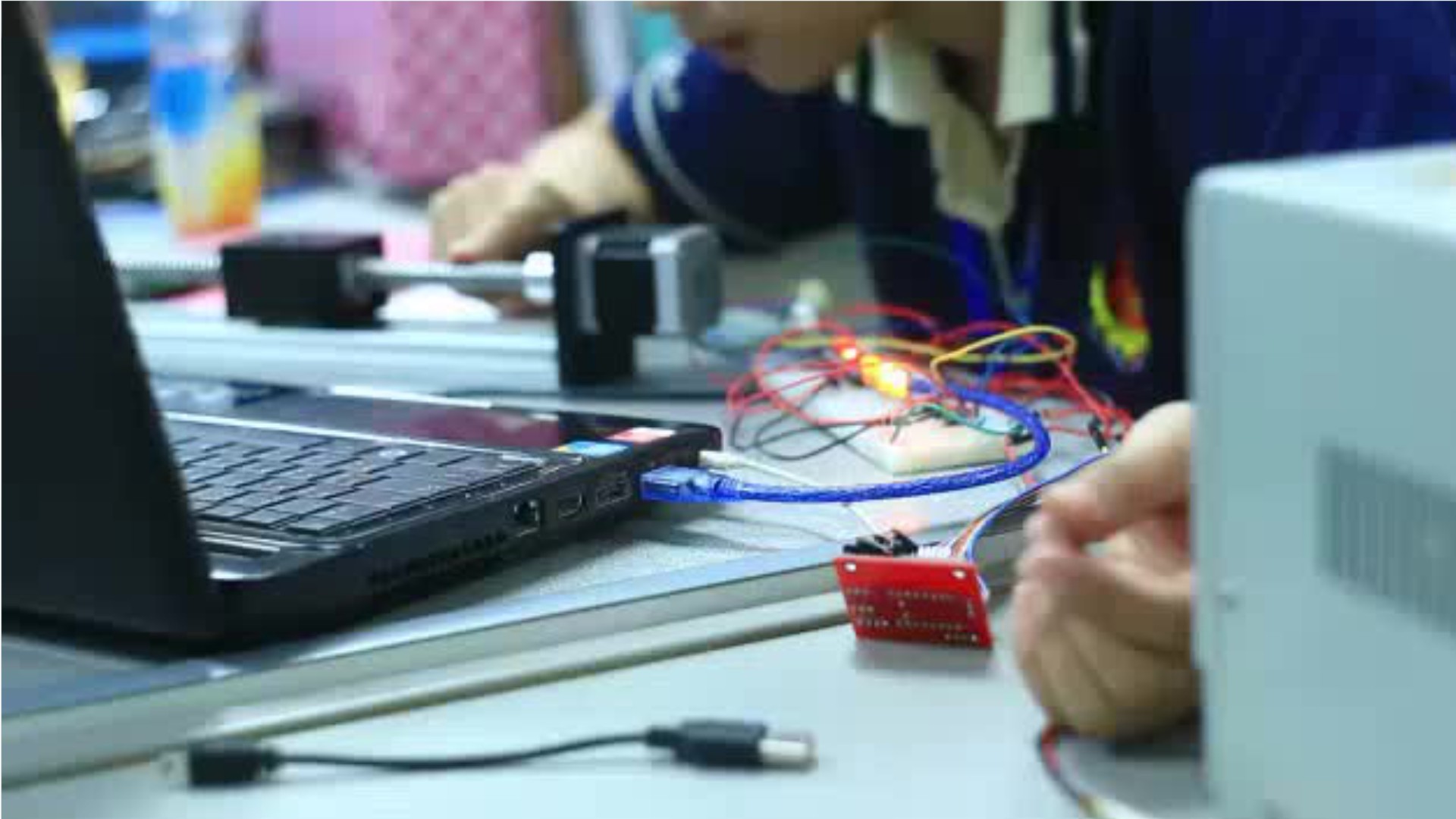Electric Motor, Power Tool, & Related Repairers
Electric Motor Winder, Maintenance Technician, Repair Technician, Service Technician
What they do:
Repair, maintain, or install electric motors, wiring, or switches.
On the job, you would:
- Inspect and test equipment to locate damage or worn parts and diagnose malfunctions, or read work orders or schematic drawings to determine required repairs.
- Reassemble repaired electric motors to specified requirements and ratings, using hand tools and electrical meters.
- Measure velocity, horsepower, revolutions per minute (rpm), amperage, circuitry, and voltage of units or parts to diagnose problems, using ammeters, voltmeters, wattmeters, and other testing devices.
Knowledge
Engineering and Technology
- mechanical
Arts and Humanities
- English language
Manufactured or Agricultural Goods
- manufacture and distribution of products
Business
- management
Skills
Basic Skills
- thinking about the pros and cons of different ways to solve a problem
- listening to others, not interrupting, and asking good questions
Problem Solving
- noticing a problem and figuring out the best way to solve it
Technical
- repairing machines or systems using the right tools
- figuring out what is causing equipment, machines, wiring, or computer programs to not work
Abilities
Hand and Finger Use
- put together small parts with your fingers
- hold or move items with your hands
Ideas and Logic
- notice when problems happen
- order or arrange things
Visual Understanding
- quickly compare groups of letters, numbers, pictures, or other things
- quickly know what you are looking at
Verbal
- listen and understand what people say
Personality
People interested in this work like activities that include practical, hands-on problems and solutions.
They do well at jobs that need:
- Attention to Detail
- Dependability
- Cautiousness
- Integrity
- Perseverance
- Achievement Orientation
Technology
You might use software like this on the job:
Spreadsheet software
- Microsoft Excel
Presentation software
- Microsoft PowerPoint
Analytical or scientific software
- Commutator profiling software
- Motor testing software
Education
Education: (rated 3 of 5)
certificate after high school or
high school diploma/GED
usually needed
high school diploma/GED
usually needed
Job Outlook
Average
New job opportunities are likely in the future.
Explore More
- Control & Valve Installers & Repairers
- Electrical & Electronic Equipment Assemblers
- Electromechanical Equipment Assemblers
- Engine & Other Machine Assemblers
- Industrial Machinery Mechanics
You might like a career in one of these industries:
See more details at O*NET OnLine about Electric Motor, Power Tool, & Related Repairers.





